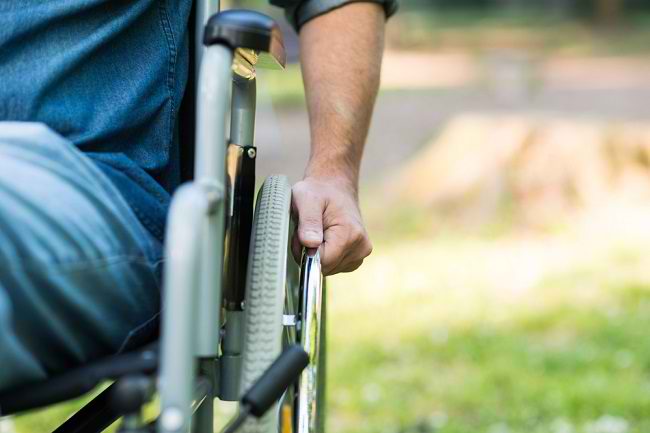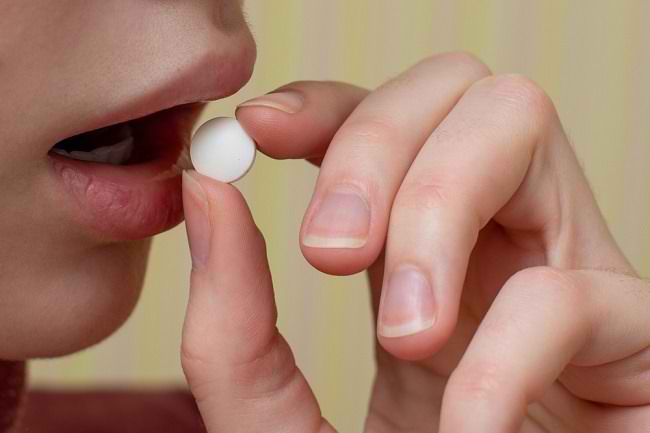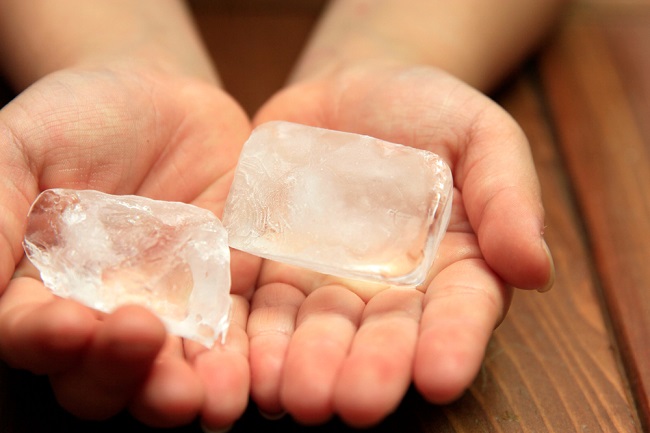DiGeorge syndrome is a disease that occurs as a result of a genetic disorder. This disease occurs when there is a loss of certain genetic components on the chromosome, precisely on chromosome 22. Due to this genetic problem, children born with this condition can experience various health problems.
Most people with DiGeorge syndrome do not have a family history of the disease. However, parents who suffer from DiGeorge syndrome can pass the same disease on to their children. This disease can occur when there is a problem in the formation of the genetic component of the fetus during the fertilization process.

A small percentage of children born with this condition do not experience serious health problems. However, most children with DiGeorge syndrome have a variety of health problems, such as:
- Congenital heart defects.
- Harelip.
- Lack of calcium in the blood.
- Hormone abnormalities.
- Developmental disorders.
- Bone abnormalities.
Symptoms of DiGeorge Syndrome
DiGeorge syndrome can cause a variety of symptoms, depending on the severity and which organ systems are affected by the genetic disorder. Usually the symptoms of this syndrome have been seen since the baby was born. However, there are also patients who only show symptoms when they are toddlers or children.
The following are some of the symptoms and signs of DiGeorge syndrome:
- Abnormalities in facial features, such as a long face, a long and wide nose, many folds of the eyelids, short and small ears, a small and short chin and mouth, and an asymmetrical appearance of the face.
- Problems with the lips and mouth, such as cleft lip, cleft palate, and small teeth. This condition makes it difficult for children to eat.
- The presence of heart murmurs and skin that is easily bluish. This condition is caused by a lack of circulation of oxygen-rich blood due to a congenital heart defect.
- Weak muscles.
- Frequent seizures.
- Respiratory disorders, for example, frequent shortness of breath and heavy.
- Mental and behavioral disorders.
- The child's immune system is weak.
- Spinal deformities, such as scoliosis.
- Developmental disorders, such as late sitting, speech delay, and learning difficulties.
Causes of DiGeorge Syndrome
Normally, a person gets 23 chromosomes from the father and 23 chromosomes from the mother for a total of 46 chromosomes. In people with DiGeorge syndrome, there is a genetic disorder in which a small part of the component of chromosome 22 is missing, precisely at a location called q11.2. For this reason, this condition is also known as 22q11.2 deletion syndrome.
The loss of this part of the chromosome can occur in the father's sperm cells, the mother's egg cells, or when the fetus is developing. This genetic disorder affects almost all organ systems of the body with varying degrees of severity. Some sufferers can grow to adulthood, but some have severe health problems that can lead to death.
To definitively diagnose DiGeorge syndrome, a complete medical examination from a doctor is required. This examination includes a physical examination and supporting, such as X-rays, blood tests, and genetic tests.
DiGeorge Syndrome Treatment
So far, there is no cure for DiGeorge syndrome. Children and adults who experience it need to undergo regular health care and monitoring to prevent complications that may arise in the future.
A child suffering from SiGeorge syndrome needs to receive or undergo regular health checks which include a thorough physical examination, evaluation of growth and development, examination of nutritional status, and support, such as blood tests.
To prevent further complications or treat problems that are already experienced, people with DiGeorge syndrome can be given several treatments, such as:
- Giving calcium and vitamin D supplements to treat calcium deficiency.
- Speech therapy if the patient has speech impediments or difficulties.
- Physiotherapy to treat movement problems.
- Psychotherapy if there are psychological problems or mental disorders. Treatment to overcome immune system disorders.
- Surgery to treat disorders of certain organs or body parts, such as congenital heart defects and cleft lip.
DiGeorge syndrome is not treatable. However, with good support from family, as well as regular therapy and check-ups with doctors, people with DiGeorge Syndrome can live normally, independently, and avoid complications.









